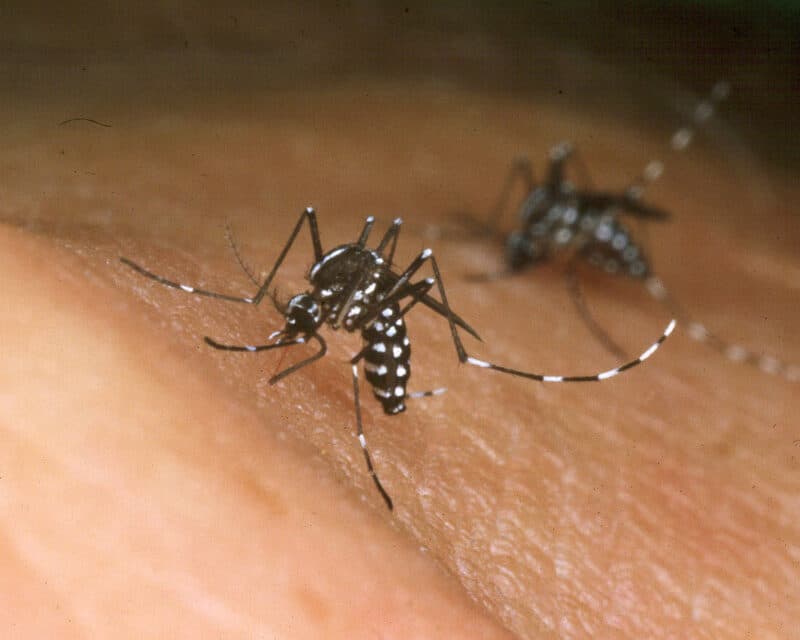The West Nile Virus or WNV causes terrible disease in birds, humans, and horses. The Culex species of mosquitoes transmit this virus. That is why this disease can spread easily. As of now, WNV is plaguing California. All of the state’s 58 counties are affected right now. Without proper control and treatment, this disease can lead to death.

In Burbank
One mosquito was positive for West Nile in Burbank, California. This signaled the first case in LA County. This virus’ peak seasons are fall and summer. Infected mosquitoes thrive, multiply, and bite humans. The Centers for Disease Control states that most people do not exhibit symptoms. Only one in 150 infected people show serious and even fatal symptoms from West Nile. There are still no medications or vaccines for this virus. Prevention is the ideal way to keep mosquitoes from biting you.
More About West Nile Outbreaks
This flavivirus causes neurological disease in humans. It can also lead to death. West Nile is common in West Asia, Africa, North America, Europe, and the Middle East. Its life cycle often involves birds and Culex mosquitoes. But mammals can also be hosts for this virus.

The virus first discovered and isolated in a Ugandan woman from the West District back in 1937. Experts identified birds from the Nile Delta in 1953. Until 1997, this virus was not considered a bird pathogen. But it was in Israel. Different avian species died from paralysis and encephalitis. Since then, West Nile cases have been documented all over the world for five decades.
Back in 1999, West Nile cases in Tunisia and Israel made it to New York. This caused a huge outbreak in the USA since then. The outbreak was from 1999 to 2010. The largest, most significant outbreaks happened in Australia, the Middle East, Europe, and West Asia. The virus is now established from North to South America.
The Method of Transmission
Once you are bitten by an infected mosquito, you will be included in the cycle of the virus. Culex mosquitoes become infected by biting infected birds. The birds tend to carry the virus in their blood for days. The West Nile virus then goes straight to the salivary glands. When the infected mosquito has a blood meal again, its salivary glands pump out the virus into the host. The virus multiplies in the host and can cause symptoms. An uninfected human or animal can also get the infection through tissue and blood contamination from other infected organisms.

A tiny portion of infections happened through breast milk, organ transplant, and blood transfusions. One case involved an infection via transplacental transmission from mother to child. Until now, there is still no transmission from one human to another. There have been no transmissions whenever control precautions are in place. But there were reports of transmission among laboratory workers.
The West Nile Virus is now spreading like wildfire in California. The CDC is encouraging citizens to exercise more mosquito bite prevention practices. They include applying mosquito repellents, wearing long sleeves and pants, as well as cleaning the yard all the time. These can help you prevent the symptoms.